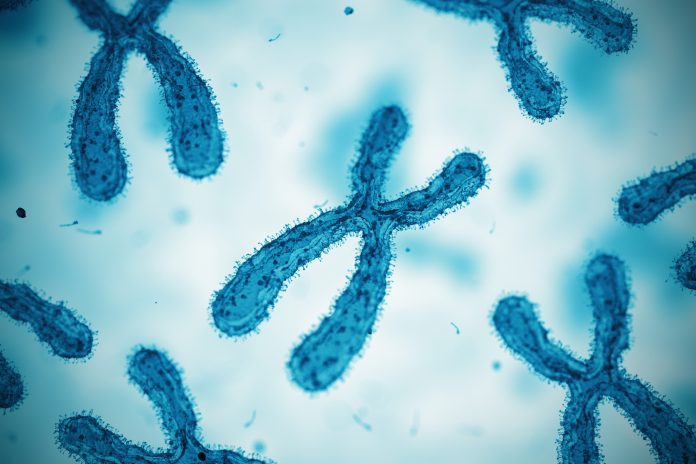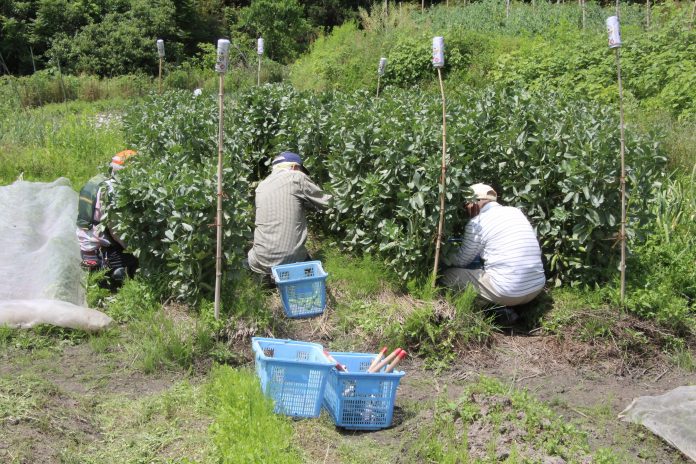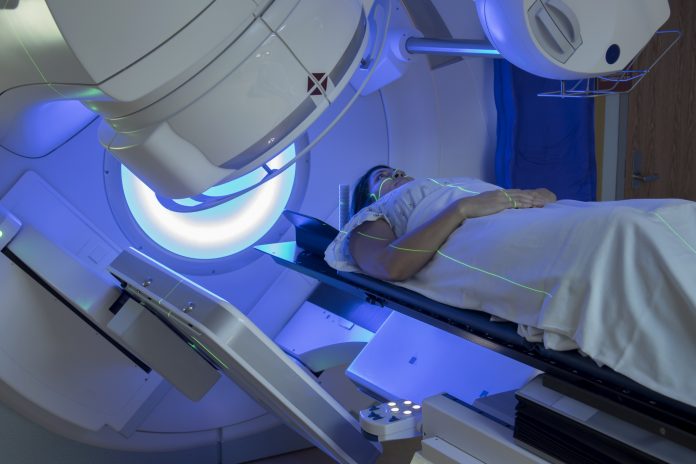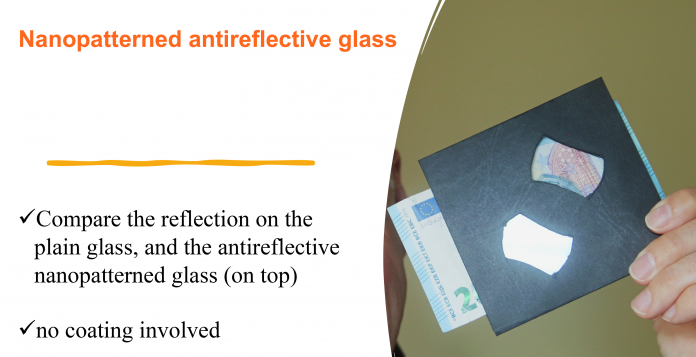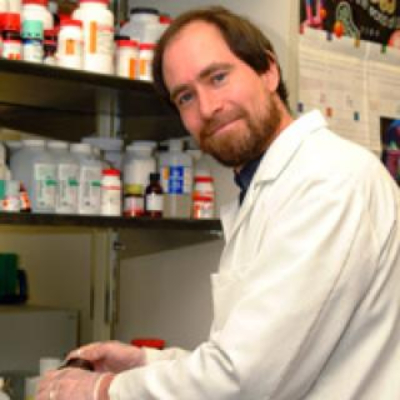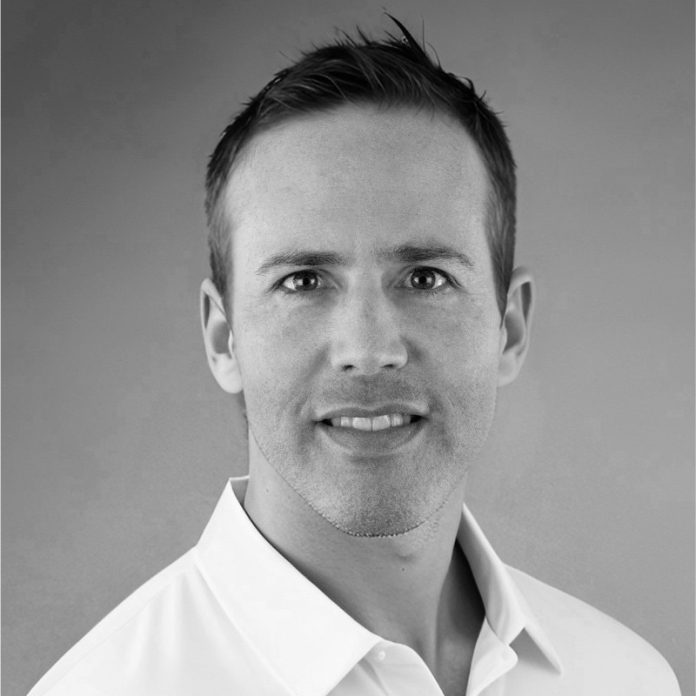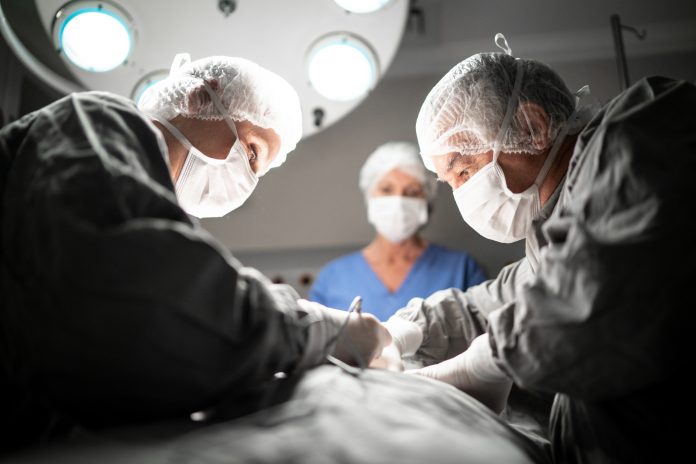Open Access Government produces compelling and informative news, publications, eBooks, and academic research articles for the public and private sector looking at health, diseases & conditions, workplace, research & innovation, digital transformation, government policy, environment, agriculture, energy, transport and more.
Home Search
AI - search results
If you're not happy with the results, please do another search
The IDEA Model: A best practice for data-driven strategic risk and crisis communication
Professors of Strategic Communication Dr. Deanna D. Sellnow and Dr. Timothy L. Sellnow explore strategic risk and crisis communication using the IDEA Model, a theoretically grounded tool for effective communication.
Why we must end factory farming before it is too late
Why should we end factory farming? The intensely cruel farming process is responsible for extreme animal cruelty, pollution, wildlife extinction and global hunger.
World Backup Day: How to have a data protection strategy
A good data protection strategy is one that allows data to be backed up in a manner that not only protects it but also ensures the ability to rapidly recover.
EAT2beNICE Project: The correlation between diet and mental health
Jeanette C. Mostert & Alejandro Arias Vasquez from the Departments of Genetics and Psychiatry, Radboud University Medical Center Nijmegen, The Netherlands, reveal that diet and mental health are linked, as they reflect on the lessons learned from the Eat2beNICE project.
Could artificial cells make our future more energy efficient?
Researchers believe energy-generating synthetic organelles could sustain artificial cells and improve energy efficiency.
An analysis of health and welfare in Australia
Open Access Government takes time out to examine some interesting health and welfare issues in Australia.
Cyber attacks increasing by up to 50% in local councils across the UK
Sefton Council has been fighting off over 30,000 cyber attacks a month. While cybercrime increases, so does the need for stronger public sector security.
RNA molecule signature diagnosis could revolutionize personalized medicine
Professor Michael Levin from Imperial College London argues that in the DIAMONDS project, there has been a breakthrough response in personalized medicine via RNA molecular signature diagnosis.
The Spring Budget: Navigating the potholes ahead
The Spring Budget reported positively on the economic context, with projected trends on inflation, economic growth and debt all going in the right direction.
How to improve security with an employee emphasis
We must improve security because the impacts of human error on cybersecurity can be immense, and one small slip-up can have disastrous impacts.
Exploring the partnership between the agriculture and social welfare sectors
The intrinsic value of the partnership between agriculture and social welfare sectors can help us to enrich the way that we work, and how we think about work.
Advancements in how we identify and treat hypoxic cancers
Cancers that are starved of oxygen, otherwise known as hypoxic cancers, are generally difficult to identify – but medical imaging has taken a new step with the MR-Linac scanner.
Nanotexured surfaces could be transformative – If given a chance to flourish
Professor Parvaneh Mokarian, founder of the technology and SUN-PILOT coordinator from Trinity College Dublin and AMBER centre looks at the possibilities and applications of nanotextured surfaces.
The global regulatory landscape for psychedelic drugs
Jessica Riggleman, Owner of Raeco, LLC, examines the global regulatory landscape for psychedelic drugs, with a particular focus on Schedule I classification.
HIV therapeutic targets: Basic virology to the discovery of antiretroviral drugs
Do we need new antiretroviral drugs to treat HIV infection, and if so, what are the promising targets? Dr Eric O. Freed, Director of the HIV Dynamics and Replication Program at the National Cancer Institute in Frederick, Maryland, discusses these questions.
Tackling invisible careers: How to expand career options for all students
As young people start to explore their career options, it’s not uncommon for them to feel unsure about what they want to do.
Eric O. Freed – Center for Cancer Research, National Cancer Institute
Dr. Eric O. Freed received his Ph.D. in 1990 from the University of Wisconsin-Madison
His Ph.D. work focused on the function of the murine leukemia virus and HIV envelope glycoproteins in membrane fusion and virus entry. He joined the National Institute of Allergy and Infectious Diseases (NIAID) at the NIH...
David Cabana – Climate Service Center Germany (GERICS)
Dr David Cabana is a marine scientist with a focus on interdisciplinary research
He possesses over a decade of experience in both research and consulting endeavors. David primary research interests lie within the human dimensions of coastal environments.
Currently at GERICS, David empowers coastal communities to adapt to climate change:
Champions...
Personalisation: The key to long-term success in organ transplantation
Personalised medicine has become essential in practically every field of healthcare, but tailored medicine is extremely vital when it comes to organ transplantation.
Bridging the cultural divide in social discourse, Part 3: The challenges of practicing intellectual...
In this third of a five-article series in Open Access Government on the topic of intellectual humility (IH), Peter C. Hill explores why political attitudes have created a cultural divide that makes it difficult for many to be intellectually humble.








